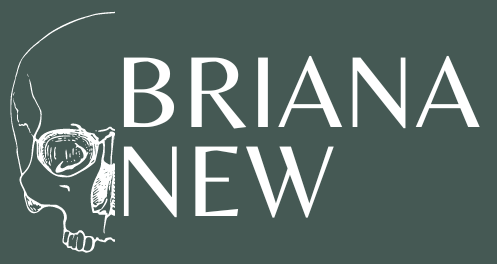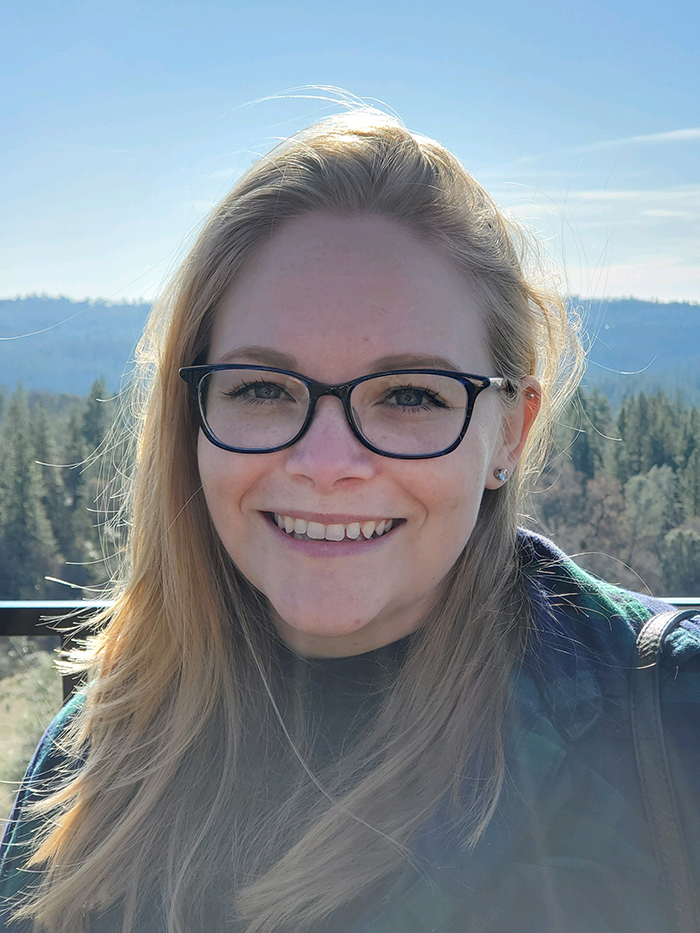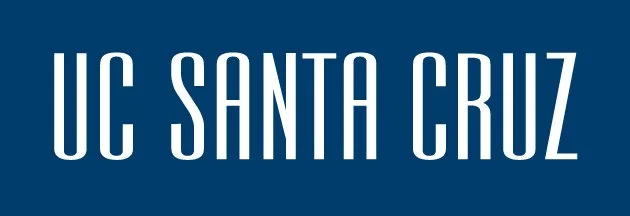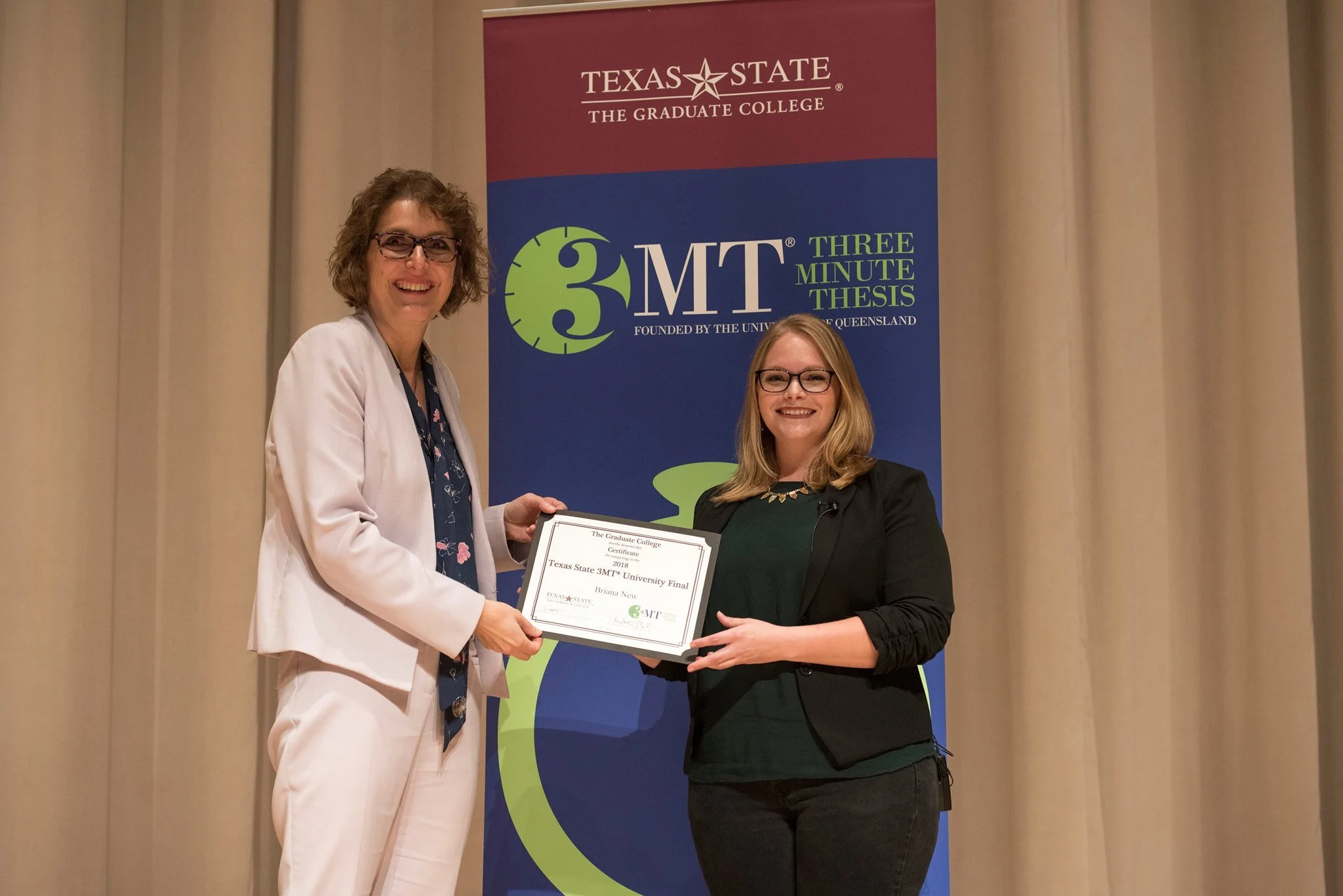Hello,
I’m Briana T. New
I am a biological anthropologist that brings a multidisciplinary approach to all research, teaching, and collaborative endeavors.
My work & research includes:
Forensic anthropology
Molecular anthropology
Advanced applied statistics
Human variation
Growth and Development
I have experience working in bioarchaeology, forensic identification, collections management, and teaching.
Timeline
2021 - Present: Ph.D., Anthropology
I am a PhD student working with Dr. Kyra Stull, PhD, D-ABFA at the University of Nevada, Reno. My doctoral dissertation will focus on individual-level matched comparisons of genotypes to skeletal variation with an interest toward identifying genetic structures that are formative for human cranial variation.
I teach ANTH 102: Introduction to Biological Anthropology & ANTH 110L: Biological Anthropology Lab.
2018 - 2021: Forensic Anthropologist
I worked as a forensic anthropologist at the Defense POW/MIA Accounting Agency (DPAA) under SNA International where I assisted the identification efforts of U.S. service members lost in historic conflicts. There I worked with the Tarawa Project and Korean War Identification Project focusing on the assessment commingling, the biological profile, pathology, trauma and the interpretation of historical documentation.
2016 - 2018: M.A., Anthropology
At Texas State University, I worked as a graduate instructional assistant and a graduate volunteer for the Forensic Anthropology Center at Texas State (FARF) and Operation Identification (OpID).
I worked with the body donation program taking DNA samples, documenting and photographing the process of decomposition, assisting with surface placements or burials, disarticulating remains, maceration, and curation of skeletal remains. I also aided forensic cases and forensic exhumations.
2010 - 2014: B.A., Anthropology
While at the University of California, Santa Cruz I worked as a laboratory assistant responsible for teaching laboratory procedures and assisting the management of day-to-day operations of the processing laboratory and skeletal collections.
“By combining the complementary expertise of forensic anthropology and forensic genetics, we can mobilize genetic data and methods in a way that guides and supports the efforts of forensic practitioners and the organizations with which they collaborate. “
— New et al. 2021






